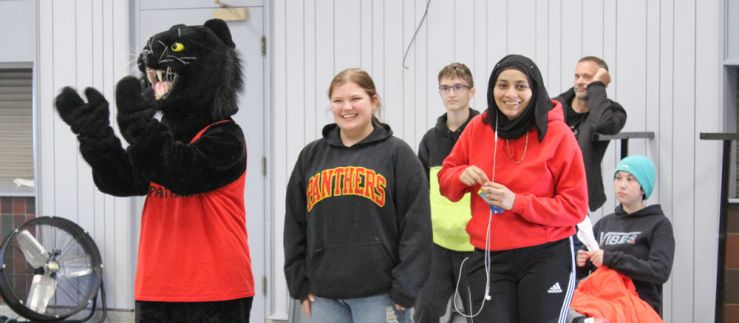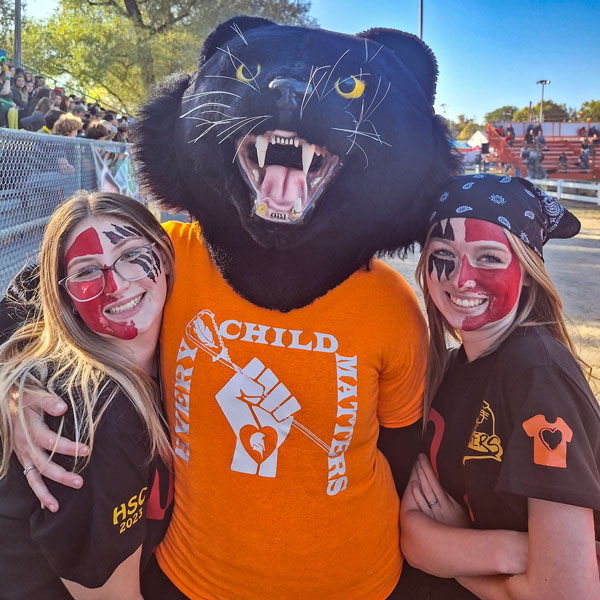

School Profile 2024-25
Programs
Co-Operative Education (Co-Op)
Co-op is a planned learning experience that integrates classroom theory and learning experiences at a workplace which enable students to apply and refine the knowledge and skills acquired in a related curriculum course or a locally developed course. Co-op courses include a classroom component comprised of pre-placement and integration activities and a placement component.
Students earn co-op credits by integrating classroom theory with planned learning experiences in the community. Students are assessed and evaluated on their demonstration of tasks linked to curriculum expectations of the related course(s) as outlined in Students’ Cooperative Education Learning Plan.
Students interested in Co-op Education must apply for the program and complete an interview. Successful candidates will be notified and the recruitment process of an appropriate placement will follow. There is no formal restriction on the total number of co-op credits that students may earn in secondary school.
OYAP
 |
Students gain knowledge and experience in an apprenticeable trade while working at an eligible work placement. Students acquire hours toward the completion of their apprenticeship while earning credits.
An apprenticeship is an agreement between the student (who wants to learn a skilled trade), the school, the employer (who teaches the skills) and the Students’ Cooperative Education Learning Plan.
Students will get a head start on becoming a fully qualified journey person with a skill set that is in demand. Apprenticeships are an excellent way of learning valuable
work skills and are a viable alternative to traditional post secondary programs.
For more information speak to your school’s Co-op or OYAP teacher.
Visit www.apprenticesearch.com
To Begin an Apprenticeship During Secondary School a Student Must:
- Successfully complete 16 credits and be enrolled full-time in school
- Be 16 years of age or older
- Successfully complete the Ontario Secondary School Literacy Requirement
- Complete all compulsory credits required for an Ontario Secondary School Diploma
Visit www.apprenticesearch.com
To Begin an Apprenticeship During Secondary School a Student Must:
- Successfully complete 16 credits and be enrolled full-time in school
- Be 16 years of age or older
- Successfully complete the Ontario Secondary School Literacy Requirement
- Complete all compulsory credits required for an Ontario Secondary School Diploma



